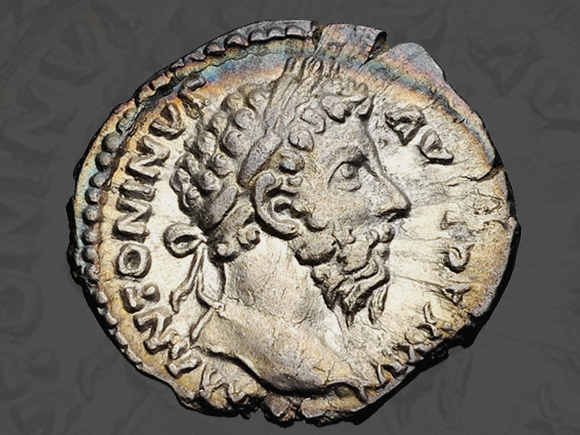By Dr. Lloyd Harsch
Early voting is now under way in Orleans Parish for the October 24 election of Louisiana’s statewide and municipal offices. Political attack ads are flying right and left. Some are based in fact. Many are filled with innuendo. A handful are outright lies. Every campaign is fraught with such danger. One comment, out of context, can sink a candidate.
Political ambushes with gotcha questions are nothing new. Even Jesus was subjected to these kinds of tactics. One such trap was set by the Pharisees and the Herodians, groups that were at the opposite ends of the political spectrum. The trap was about paying taxes to Caesar. If Jesus answered that such taxes should be paid, he would be seen as a Roman collaborator and lose support from the people. If he said the tax should not be paid, then he was a revolutionary advocating rebellion against Roman rule, subject to arrest and execution for opposing Rome.
Jesus’ well-known answer was masterful. “Render unto Caesar the things that are Caesar’s and unto God the things that are God’s” (Matthew 22.21). He avoided the trap. And in the process challenges us to balance the tension between the legitimate role of government and our allegiance to God.
In Jesus’ day, the people had no say in their government. Americans, however, live in a representative democracy, which allows significant input by citizens in choosing the direction and composition of government. How should we answer Jesus’ question? Specifically, what belongs to Caesar regarding our political involvement? How can we honor God as we give Caesar his due?
Our first responsibility to Caesar is to pray for our government officials. “I urge, then, first of all, that requests, prayers, intercession and thanksgiving be made for everyone–for kings and all those in authority. . .” (1 Timothy 2.1). We pray that those in government have wisdom so that justice might prevail. We pray for courage to make difficult choices.
As Christians, we also show respect for our leaders.“Give everyone what you owe him: If you owe taxes, pay taxes, if revenue, then revenue, if respect, then respect, if honor, then honor” (Romans 13.7). This even applies to office holders whose actions are not worthy of respect. Paul challenges us not to use unwholesome words (Ephesians 4.29). The word “unwholesome” literally means “putrid, fetid, rotting.” While there is a place for political satire, belittling and petty nicknames for certain office holders should be avoided, even though they are satisfying to hear.
We are called to a higher standard in our political activity. Our political discourse should be above reproach. We treat office holders with respect, if for no other reason than failing to do so demeans the office, even if the holder of that office demeans it by his or her actions. The manner in which we do politics is as important, if not more so, as the issues which inspire us to political involvement.
Finally, we live in a country where Caesar gives its citizens the privilege of charting their political course. If we don’t like the laws, then work to change them. If we don’t like our political leaders, then work to change them. Because we have the privilege of electing our leaders, we owe Caesar our political participation. For some people, this involves campaigning for candidates or joining a political party. At the very least, we should vote.
Freedom isn’t free. Jesus bought our spiritual freedom with his death on the cross to pay the penalty of our sin and rebellion. Our political freedom has been bought with the lives and service of our military. Every citizen who votes, honors their sacrifice. Freedoms not exercised can be lost.
If God’s people, who are called by His name, do not take the time to vote, then we bear the direct responsibility, through our inaction, for the persons elected to government and the content of the laws they pass. We cannot be salt and light to the world in which we live if we remain in the salt shaker or cover our light with a basket.
Christian citizens owe Caesar our vote. Study the issues and candidates or talk to a trusted friend for advice about them. Then GO VOTE.
Dr. Lloyd Harsch is Professor of Church History and Baptist Studies, Occupying the Cooperative Program Chair of SBC Studies; and Director of the Institute for Faith and the Public Square.

